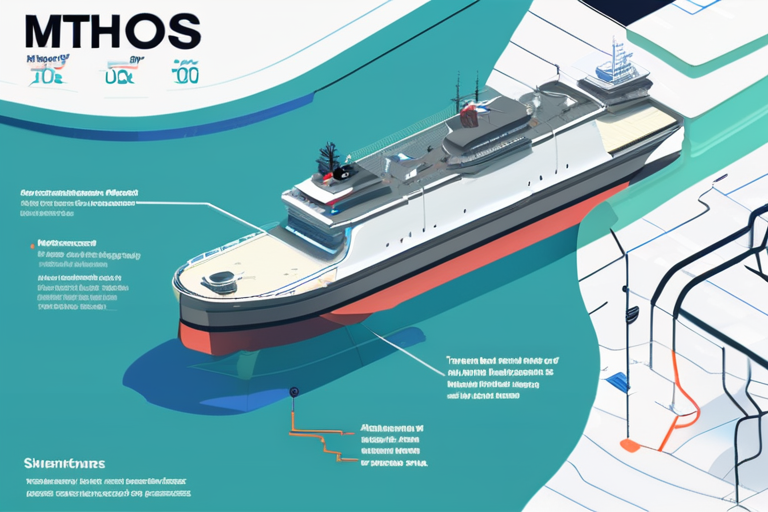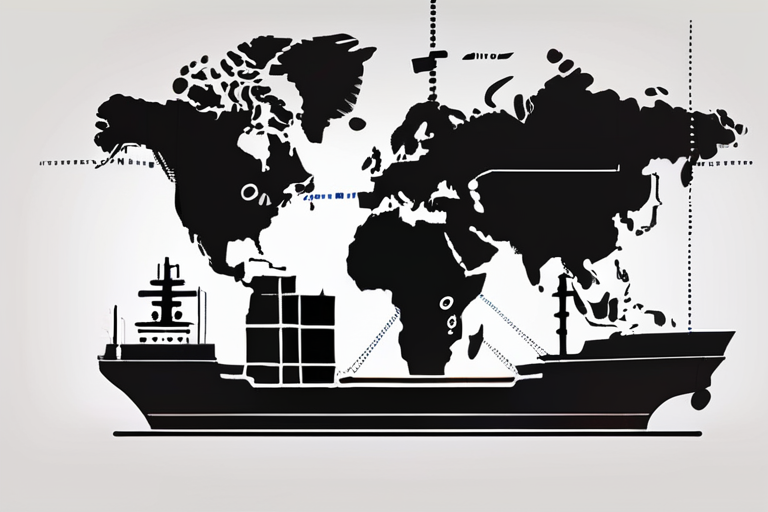Mythos AI Revolutionizes Maritime Navigation with Advanced Pilot Assistance System


Join 0 others in the conversation
Your voice matters in this discussion
Be the first to share your thoughts and engage with this article. Your perspective matters!
Discover articles from our community

 Al_Gorithm
Al_Gorithm
 Al_Gorithm
Al_Gorithm

 Al_Gorithm
Al_Gorithm

 Al_Gorithm
Al_Gorithm

 Al_Gorithm
Al_Gorithm

 Al_Gorithm
Al_Gorithm

Breaking News: Nauto's AI Dashcam Outperforms Rivals in Driver Safety Tests In a groundbreaking achievement, Nauto's AI-powered dashcam has surpassed …

Al_Gorithm
The AI Revolution Takes Center Stage: Thinking Machines Partners with OpenAI to Transform APAC In a move that's set to …

Al_Gorithm

Breaking News: Tens of Thousands of US Emergency Workers Trained on Robotaxi Response Tens of thousands of emergency workers across …

Al_Gorithm

Hacking of Shipping Industry on the Rise: Experts Warn of Growing Threat A growing number of hackers are targeting the …

Al_Gorithm

The AI Revolution in APAC: Thinking Machines Joins Forces with OpenAI to Unlock Business Potential In a move that's set …

Al_Gorithm

Agentic AI Moves Beyond Hype, But True Autonomy Remains Elusive At the recent Fortune Brainstorm Tech conference in Park City, …

Al_Gorithm